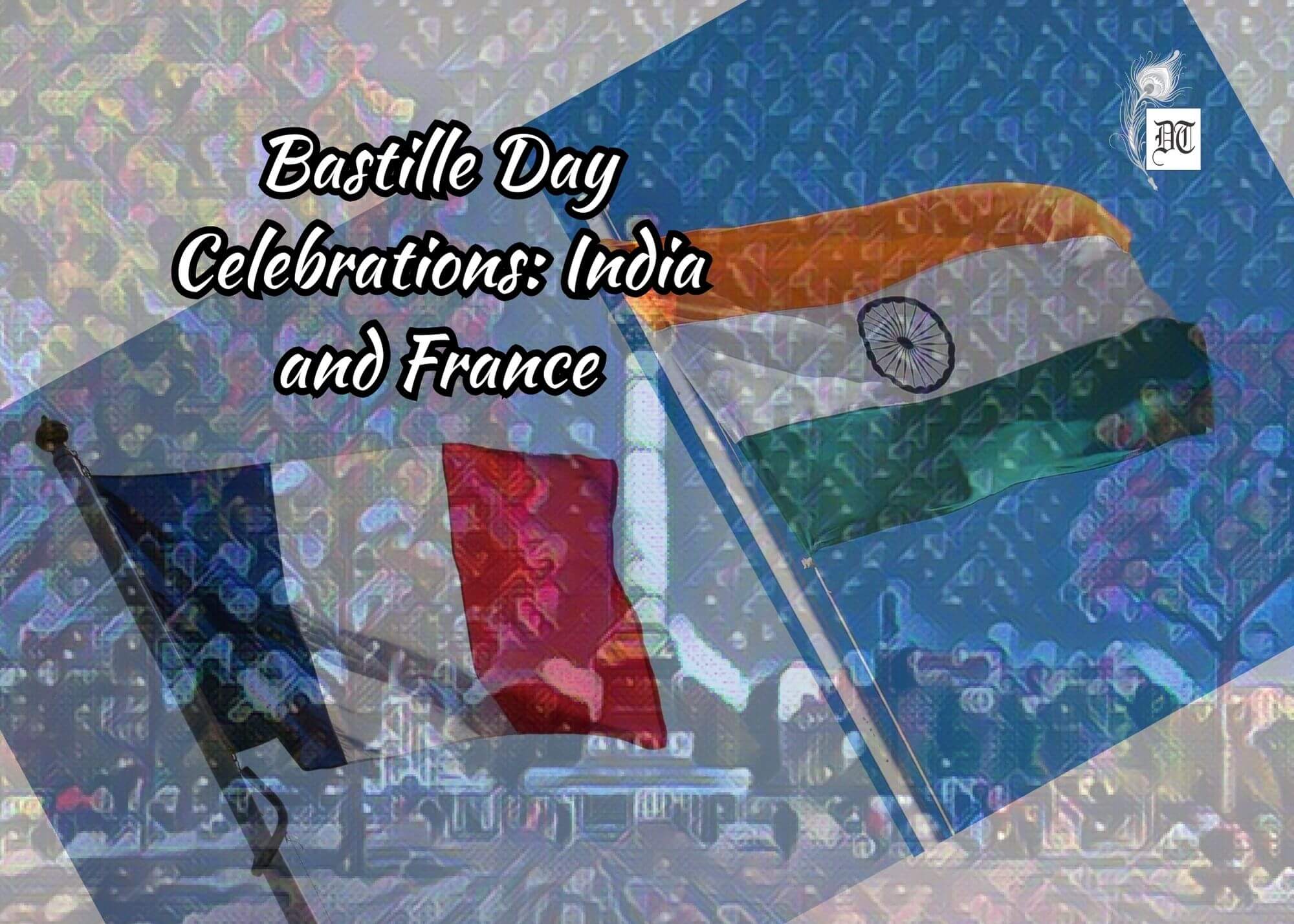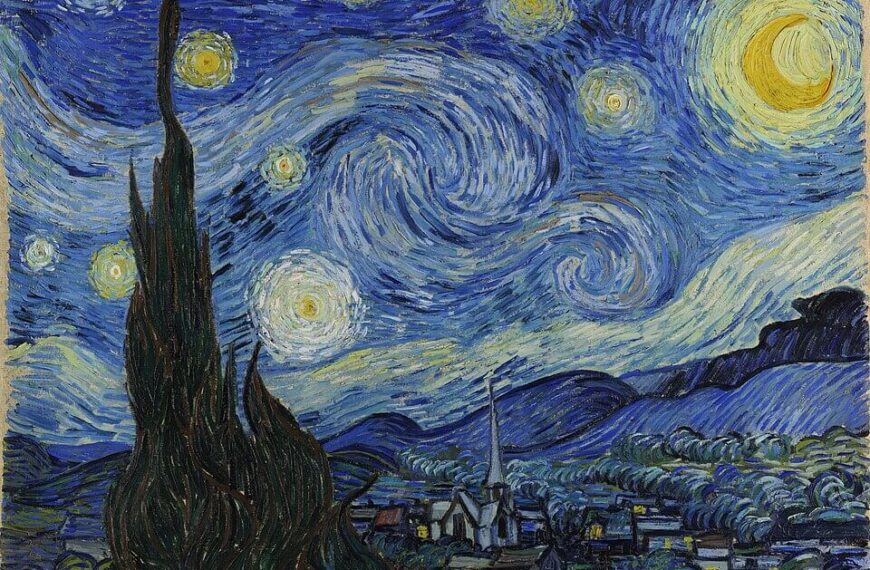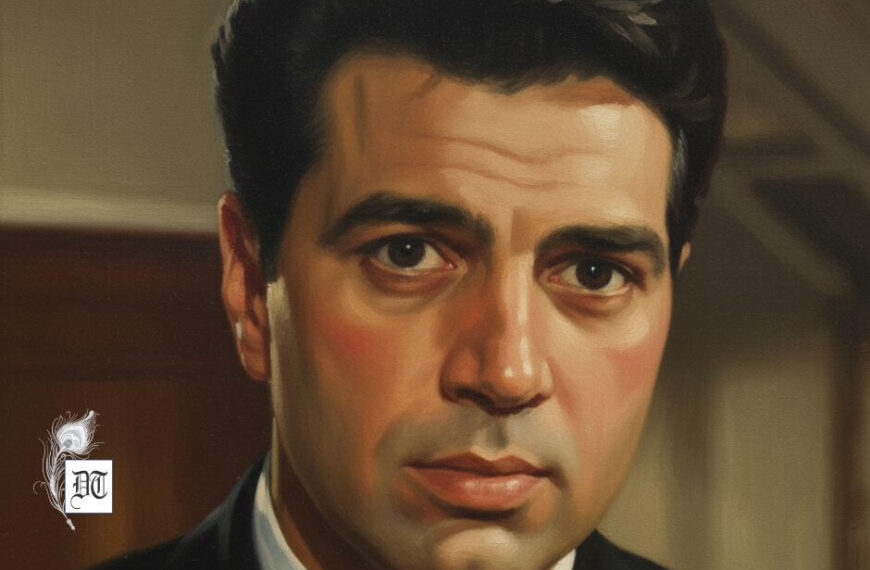Indian and French interests merge as middle powers, focusing on defence, space, and nuclear energy. Prime Minister Modi and President Macron celebrated Bastille Day to commemorate 25 years of Franco-Indian strategic partnership, analyses Azam from France in an exclusive for Different Truths.
14 July in France commemorates the day, in 1789, when Paris citizens stormed the Bastille prison to start the French Revolution, resulting in the overthrow of its monarchy and the establishment of a secular republic. It is popularly called La Fête Nationale but is considered a day of mourning for its small number of surviving monarchists.
French President Emanuel Macron’s tweet, welcomed Indian Prime Minister Narendra Modi, as the Guest of Honour at the French Bastille Day celebrations, addressing him as “Cher Narendra” and using the familiar, singular ‘tu’ over the formal plural ‘vous’.
These two might appear to be new best friends, but this year’s Bastille Day also commemorates 25 years of Franco-Indian strategic partnership.
French President Emmanuel Macron told a meeting of military leaders that India was “a giant of world history that will have a decisive role for our future.”
Modi was also bestowed with the Grand Cross of the Légion d’Honneur, France’s greatest honour.
Accordingly, he hosted a banquet for Modi in the Louvre Museum with the crème de la crème of France’s business and defence industries. The Louvre is a world heritage cultural repository and France’s cultural showcase, appropriately upholding Macron’s semantic tribute. Modi was also bestowed with the Grand Cross of the Légion d’Honneur, France’s greatest honour.
Donald Trump, on the other hand, had only rated a visit to the Eiffel Tower!
Since Australia cancelled its $90 billion submarine deal with France in favour of American submarines which cost it $835 million in settlement fees, France has realised that the ‘Five-Eyes’ UKUSA signals intelligence alliance is unscrupulously exclusive. India promises a more reliable yield, justified by France’s hard-earned credentials with India.
Since the 1950s, French military aircraft have occupied an important place in the Indian Air Force, which held its first-ever bilateral exercise, Garuda I, with the French Air Force, in 2003.
Franco-Indian space cooperation goes back sixty years to the time of India’s first domestically produced rocket and in the 1970s …
Franco-Indian space cooperation goes back sixty years to the time of India’s first domestically produced rocket and in the 1970s, French technology contributed to India’s communication satellite project. Until India’s own space launching capabilities were fully operational, its satellites were launched by French Arianespace.
Following India’s 1974 nuclear tests, France did not interrupt its supply of nuclear fuel, unlike the USA and Canada.
On 26 January 1998, French President Jacques Chirac was the guest of honour at India’s Republic Day, when both countries announced India’s first-ever strategic partnership.
Five months later, on 11 May 1998, India conducted a second nuclear test. A group of states led by the USA imposed sanctions, but French President Jacques Chirac unequivocally stood by and supported India.
In 2008, France was the first country to engage in civil nuclear trade with India when the Nuclear Suppliers Group (NSG) removed restrictions, enhancing it with additional nuclear enrichment and reprocessing technology.
India and France maintain the integrity of their strategic sovereignty. Neither country is blindly committed to American policy…
India and France maintain the integrity of their strategic sovereignty. Neither country is blindly committed to American policy, selecting issues to support that conjoin the interests of each, just as they do with each other.
Their strategic alliance seems natural, reinforcing their middle power and swing state status in relevant configurations of the neo-mediaeval world, a position both efficiently wield to their advantage.
Current Franco-Indian cooperation is a trifurcate of defence, space and nuclear energy, further strengthened by cooperation on confronting and managing climate change, and joint cooperation with other countries. Within the trifurcation, joint defence and space ventures may be expected to provide strong growth.
France has already signalled its willingness to transfer 100% technology in jet engine production. If India accepts the offer over that of the UK’s Rolls Royce and the USA’s General Electric offering only partial technology transfer, it would become the world’s fifth jet-engine producer after the USA, UK, Russia and France.
India is also set to buy 26 naval version Rafale fighter jets for its indigenous aircraft carrier …
India is also set to buy 26 naval version Rafale fighter jets for its indigenous aircraft carrier, in addition to the 36 it bought in fly-away condition in 2015. In addition, three more state-of-the-art French-designed diesel-electric Scorpene submarines will also be built in India.
French Electricité de France (EDF) and the Nuclear Power Corporation of India Ltd (NPCIL) are already negotiating the final details for the construction of six European Pressurised Reactors (EPRs) at Jaitapur.
However, this impressive shopping list is only a stopgap measure to contain China’s incursive policy in the Himalayas.
The technology transfers to manufacture and export are of greater significance.
The technology transfers to manufacture and export are of greater significance. India will relieve France of some of its current technology, which can go no further. Then both countries, in cooperation or independently, will be able to finance and graduate to the next generation of weapons and related technology.
And therein lies the win-win of mutual benefit.
There is no doubt that the convergence of Indian and French interests, as middle powers and swing states in many relevant configurations, will ensure that the relations of both countries continue to prosper and that neither, in the meantime, tries to short-change the other!
India is holding a general election in 2024, and although it is unusual for an Indian government preparing for reelection to make defence deals of such scale and open itself to accusations of corruption — a recurring habit in Indian politics — the Modi government has decided to face up to the reality of the Chinese threat. On the French side, the next presidential election is in 2027, but Macron is constitutionally disallowed from a third term.
Both countries are taking bold, far-reaching decisions …
Both countries are taking bold, far-reaching decisions and have pulled out all the stops to woo each other.
Modi had arrived a day earlier, on the 13th of July, received by Prime Minister Élisabeth Borne.
The next morning, Bastille Day dawned bright and clear to highlight all things bright and beautiful in France and those from India. Brigitte Macron was her usual elegant self in a pale-yellow suit, while Emanuel Macron expressed the European elite’s preference for dark suits with plain dark ties for the undertaker look, offset, of course, by his snow-white shirt with double cuffs he regularly shoots with casual effortlessness. Prime Minister Modi wore his trademark white churidars, an off-white kurta and a blue sleeveless banghala vest, replete with a pocket square in patterned shades of blue and, no pen on display.
While Macron was busy with his generals before the start of the parade, Mrs Macron kept Prime Minister Modi company…
While Macron was busy with his generals before the start of the parade, Mrs Macron kept Prime Minister Modi company and they seemed to be getting along rather well.
Going by the VIP’s smiles, much banter was being tossed around in an atmosphere of good cheer.
The Indian Air Force fly-past elicited enthusiastic applause.
Sitting on the Presidential dais, Modi could be seen appreciatively tapping his fingers on the bound programme in time to the beat of the military bands.
India’s pièce de resistance was the tri-service marching contingent …
India’s pièce de resistance was the tri-service marching contingent and within it, the star of the show was the impeccably turned-out historic Punjab Regiment, its soldiers resplendent in their fringed turbans and sashes, their nail-shod drill boots striking the Champs Elysées cobblestones like exploding firecrackers.
Comments by French reporters on the precision of the Indian Army’s close-order drill, bearing and turnout, with emphasis on the arm swing, ranged from “most impressive” to “unbelievable.” They quickly reminded the French public of not only how old the Punjab Regiment was, but also its battle honours during the two World Wars and its casualties on French soil in World War I.
A band serenade by musicians from all or most European armies made for a potpourri of uniforms performing in perfect cohesion, a clear message of unity in diversity, which probably had the Kremlin in fits, but did wonders for some French official’s career prospects.
Political environmentalists had published an editorial in Libération, the left-wing paper founded by Jean-Paul Sartre and Serge July, warning that receiving the Indian Prime Minister with pomp and ceremony would be a “big mistake,” all the while admitting its geopolitical necessity.
The orchestration of La Fête National festivities made it clear that geopolitical necessity prevailed.
Decoupling from China is being loudly whispered, and India and France are both economically tied to China…
Decoupling from China is being loudly whispered, and India and France are both economically tied to China, which means China, too, depends on them. Yet, with a speed decided partly by the degree of China’s market dependence and partly by India’s accessibility for foreign investment and manufacturing, perhaps enough decoupling from China to India, could mitigate the belligerence of China’s foreign policy and territorial claims from Vladivostok to Taiwan. With the United States still suffering from PASD — Post-Afghanistan Stress Disorder — a partnership such as that of India and France can significantly contribute to positively recalibrating geopolitical relations.
BRICS is now handicapped by the authoritarianism and territorial aggression of R and C. While leaving it to lumber on, Brazil, India, France and South Africa should form a BIFS to mediate tensions in a multi-polar, neo-mediaeval world.
Picture design by Anumita Roy





 By
By
 By
By
 By
By
Excellent write up Sir!
Very well worded article. Especially the description of Army march past.
i
Thank you, sir!
Gill Sahab, I am delighted to read your article on indo french relationships and their upward graph in light of PM Shri Narendra Modi’s personal equation with French President Emanuel Macron. You have truly arrived. Not because you have written about India but because of your ability to dispassionately look at international issues. What you wrote resonates in every syllable with me. I compliment you for the fine piece. In the end, I apologise for my late response. Thanks
Thank you for your gracious words, sir.